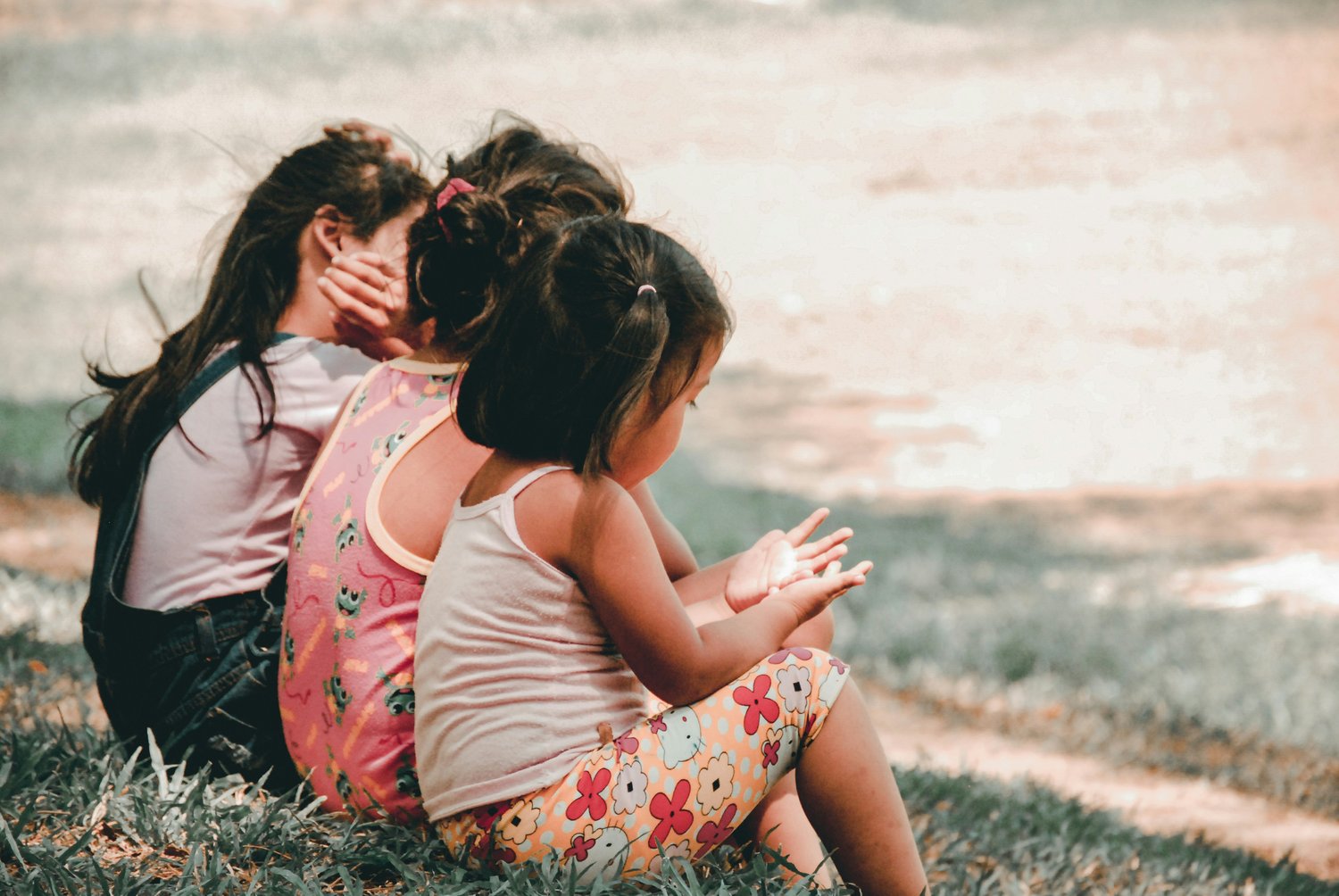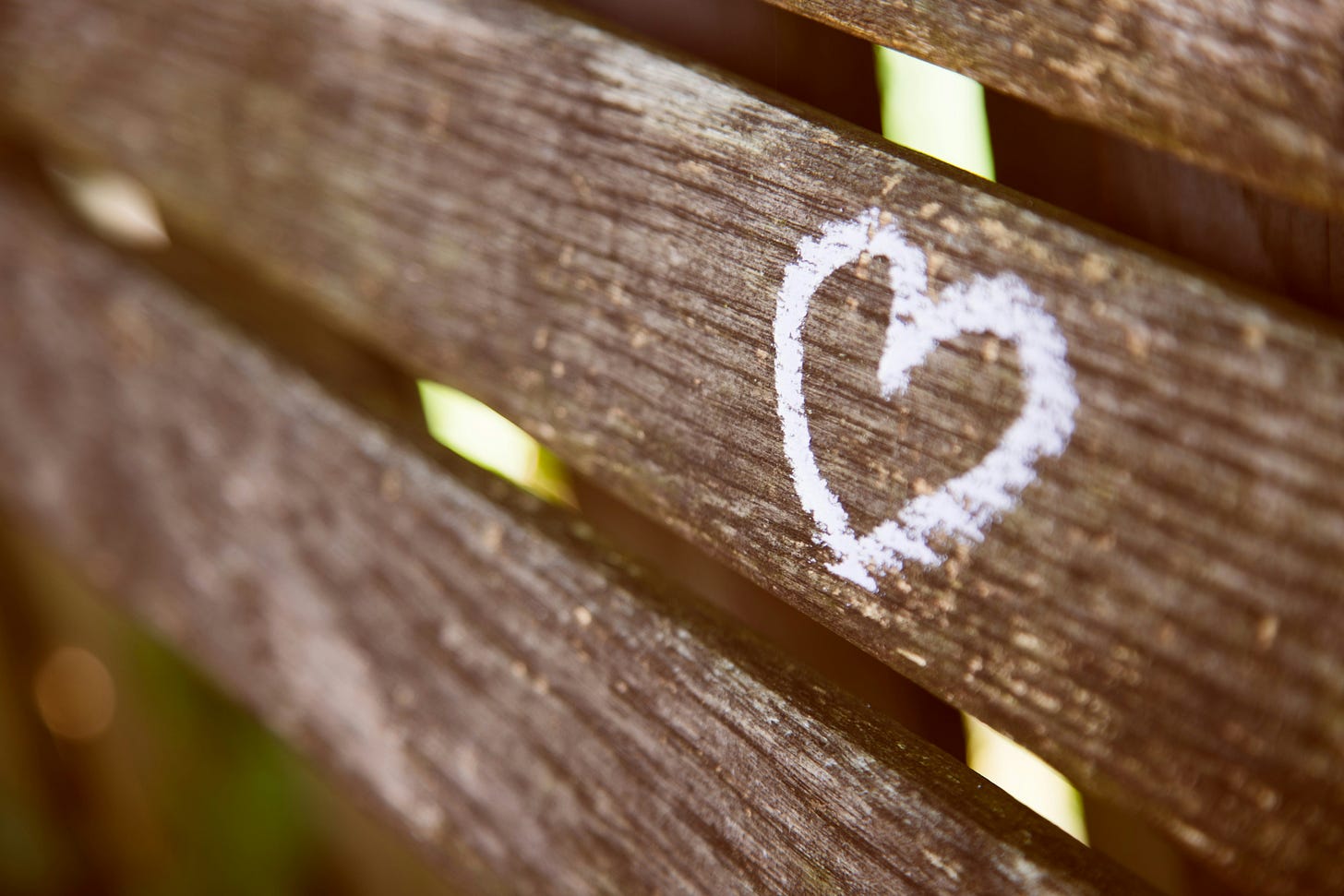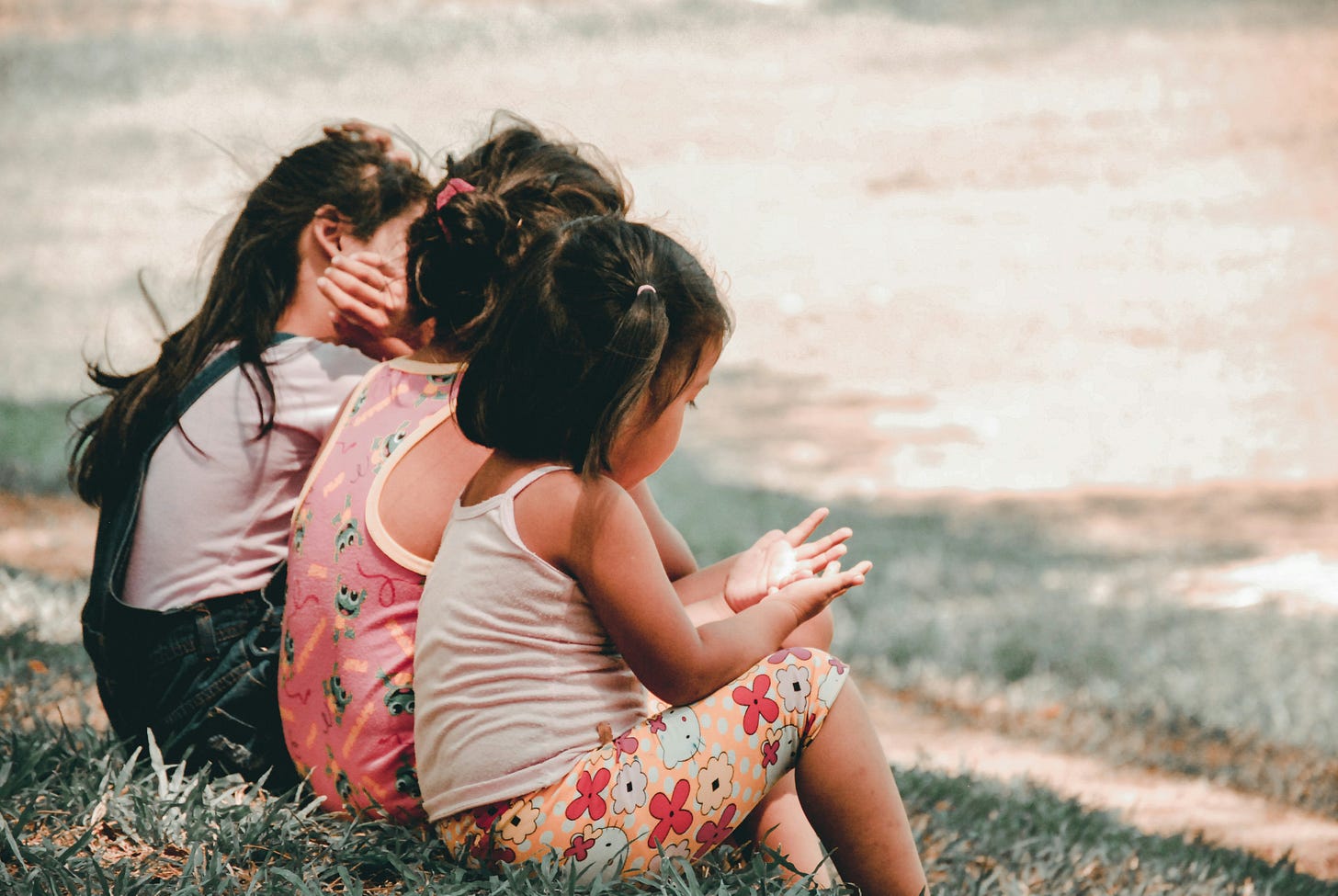There’s a tender pride in being someone who cares deeply. We see it as strength, even virtue. We’re the people who care past reason, who keep showing up, who make excuses because “they’re having a hard time.” It feels good to be the steady one, the dependable one. But when love becomes rescue, it starts to blur into something else.
I’ve lived this. I’ve given until I was empty, convinced that if I just kept caring, things would get better. It didn’t and almost destroyed my life.
We don’t talk enough about the shadow side of kindness.
Photo by Jamez Picard on Unsplash
Love is not a Lifeboat
In adult relationships, it’s often disguised as love or passion.
Kind souls, especially those who are empathic and nurturing, often give too much in love. We see pain and want to soothe it. We sense potential and want to draw it out. We fall for the broken parts of someone and tell ourselves that our love will be the glue.
That was me.
I loved someone who was drowning in his own chaos, and instead of swimming away, I jumped in to keep him afloat. I knew it was wrong. I knew I was losing pieces of myself, but I kept giving anyway, desperate to stop the pain for him. Every time he fell apart, I cleaned up the mess. Every time he hurt me, I forgave him. I thought love meant endurance.
It didn’t heal him. It indulged him. My constant forgiveness taught him that he didn’t have to change. My endless patience became permission. By the time it ended, I was emotionally and financially burnt out, and he was exactly where he had started. My bright career was also seriously torpedoed.
I call it my dark ages or my fake martyrdom phase - that quiet performance of suffering to prove I’m good, when all it really proves is that I’ve forgotten my own worth.
Therapists call it enmeshment, when boundaries disappear and one person’s needs define the relationship. You start to believe your value lies in your usefulness. “If I stop giving, will he survive?” becomes the unspoken fear.
When I think back on those days, I don’t think I even loved him that much. Resentment was constantly boiling beneath but it still took me a long while to walk away.
When I finally walked away, I realised how much of my identity was built on being the heroine in a tragedy. Recovery wasn’t about letting go of him, it was about letting go of the part of me that needed to save him.
Why Children Need Struggle More Than Safety
On this, parents are just as guilty. Especially Asian parents.
My cousin, Daniel, is a case study in how protective love can quietly turn destructive. His mother adored him. From the time he was small, she removed every obstacle from his path. If he forgot his homework, she’d drive it to school. When he quit jobs, she’d say, “He just hasn’t found his passion yet,” and cover the bills. If he failed, she blamed the world for being too harsh.
Daniel is fifty now. He’s clever, articulate, full of ideas. But he drifts from job to job, still supported by the same mother who once tied his shoelaces. She still tells me, “He’s just sensitive.” She doesn’t see that her tenderness became a cage.
Psychologists call this “over-functioning”, when one person takes on responsibilities that belong to someone else. The intention is love. The result is dependency. Without struggle, Daniel never built the muscles of self-reliance: patience, resilience, perseverance.
And I won’t be surprised if Daniel resents his mum for always protecting him.
Photo by Charlein Gracia on Unsplash
My mother is sometimes guilty of this behaviour. Recently, she even offered to push my sister on a wheelchair when the wheelchair is meant for her. She is already a great-grandmother but to her, we are still her “kiddies”.
Children need small doses of hardship the way the immune system needs exposure to build strength. Struggle teaches them that failure isn’t fatal, that discomfort is survivable. When we remove every difficulty, we hand them comfort without competence.
It’s a hard truth for parents, especially those who grew up in scarcity or pain. You swear your children will never suffer as you did. But in protecting them from every bruise, you protect them from maturity.
Real love doesn’t prevent struggle. It walks beside it. It says, “I trust you to figure this out. I’m here if you need me, but you can try first.”
Several years ago, I wrote a piece on When a child pleads for help that may interest some of you.
Why we do it
Are people who overgive foolish? I would like to think that we’re hopeful. We believe in redemption, in second chances, in the idea that love can transform almost anything if we just keep trying.
We may have grown up being the peacekeepers, the ones who smoothed over tension, made people laugh, filled awkward silences. Maybe we learned early that harmony was something we had to work towards.
So it became instinctive. We rush to fix pain because watching someone we love struggle feels unbearable. We take on emotions that aren’t ours. We’d rather carry the discomfort ourselves than stand by helplessly while someone else hurts.
But real love stands beside, not in front. It says, I’m here with you, not I’ll do it for you.
What Loving Smarter Looks Like
The antidote to over-giving isn’t to pretend indifference. It’s clarity. It’s knowing the difference between compassion and control, between helping and rescuing.
Loving wisely means pausing before you act. When someone you care for is in trouble, ask yourself: “Am I helping them grow, or am I protecting myself from discomfort?”
Sometimes the kindest response is to do nothing. To listen without fixing. To let consequences unfold. It feels cruel in the moment, but it’s an act of faith. You’re saying, “I trust you to survive this.” That trust can be more empowering than any gesture of rescue.
How to Stay Kind Without Losing the Plot
If you recognise yourself in these words, here’s a small guide you can return to when your heart wants to give more than it should.
Start with honesty. Before helping, ask what’s driving you, love or fear. Fear often masquerades as generosity.
Let people experience their own outcomes. Don’t rush to soften every landing. Growth needs friction.
Redefine care. Caring doesn’t mean carrying. Support doesn’t have to mean sacrifice.
Take a breath before every “yes.” Give yourself a pause to check your motives. That space is where wisdom lives.
Encourage responsibility. Love should invite the other person to stand taller, not lean harder.
Protect your peace. If someone repeatedly drains your energy, adjust access. Your well-being isn’t selfish. It’s the foundation of every healthy relationship.
Celebrate autonomy. When a child or partner solves something without you, it’s not rejection. It’s proof your love worked.
Come closer
If any of this feels uncomfortably familiar, you’re not alone. The world needs givers. But giving has to be guided by wisdom, not fear. Love should expand both people, not shrink one to feed the other.
Because love that always rescues becomes a cage.
Love that trusts becomes freedom.
If you want to read more of my essays, do follow me on https://substack.com/@maravstheworld



